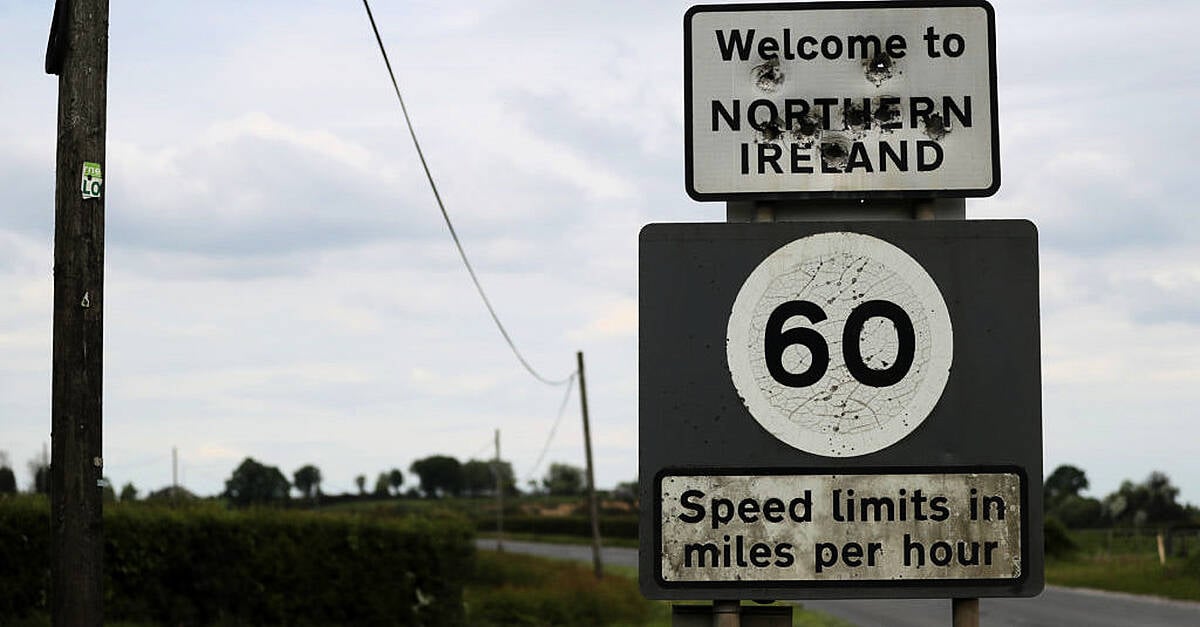

As Ireland gears up for its general election later this month, discussions around the potential for a united Ireland are gaining momentum. Colum Eastwood, the former leader of the Social Democratic and Labour Party (SDLP), has urged the next Irish government to begin planning for constitutional changes that would facilitate unity. Eastwood's New Ireland Commission has been actively engaging with all parties in the Republic of Ireland to discuss commitments towards unity, emphasizing that these discussions have intensified since Brexit in 2016 [bf52df7b].
In light of the upcoming election, where Simon Harris's Fine Gael party currently leads in the polls, the focus on unity could influence voter sentiment. Harris, who is set to dissolve parliament this week, has to navigate the complexities of the cost-of-living crisis and housing shortages while also addressing the aspirations for a united Ireland [1f989fd1].
Eastwood believes that a united Ireland could enhance public services and economic opportunities, and he stresses the importance of translating manifesto commitments into actionable plans. The 1998 Good Friday Agreement allows for a border poll if a majority supports it, a point that has become increasingly relevant as exploratory talks continue in Dublin, particularly as Fianna Fáil and Fine Gael seek a Dáil majority [bf52df7b]. British Prime Minister Keir Starmer and Northern Ireland Secretary Hilary Benn have, however, downplayed the immediate prospects for a unity vote, indicating that while the conversation is evolving, significant hurdles remain [bf52df7b].